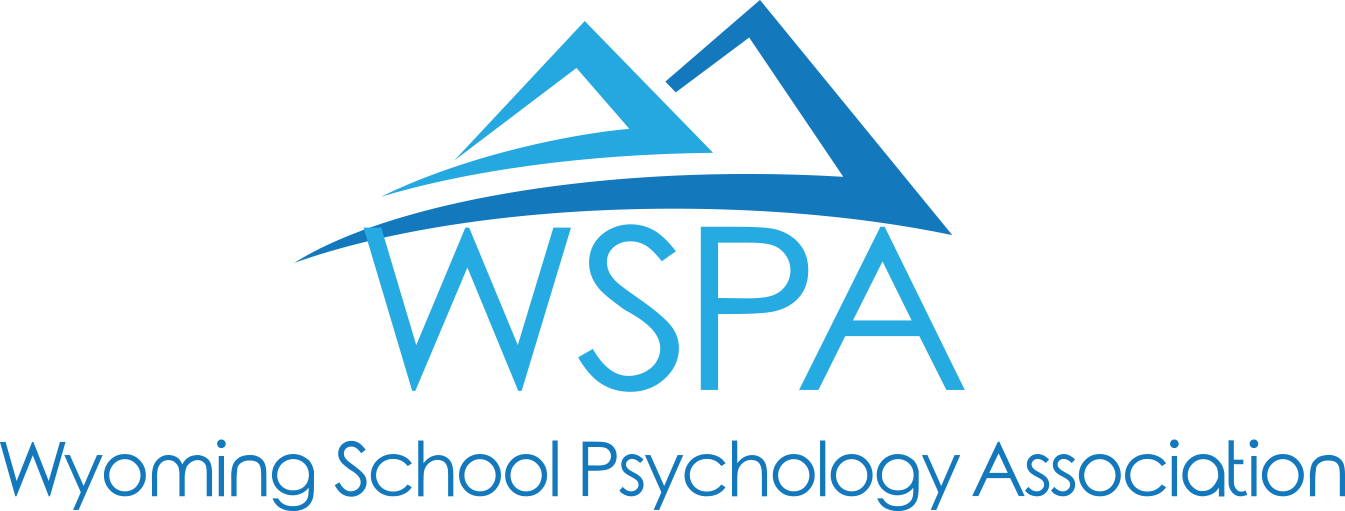***Post Written by Howard Wakkinen, Conference Graduate Credit Chair for WSPA***
In the midst of beginning a new school year, all stake holders scramble to ensure everything is ready to go for the next generation of learners. To say the least, there is a lot on the plates of each and every stake holder. Parents are working hard to make sure their children come to school on the first day with adequate clothing, lunch money, and school supplies. Teachers are getting their classrooms organized, decorated, and ready for the first days with students. Principals are making sure their schools are fully staffed, committees are in place, and school improvement plans are acceptable to the powers that be. School psychologists, who often are instrumental in helping special education teams function smoothly, are busy with a wide variety of things (e.g., ordering protocols for initials/triennials, double-checking how many special education students are at their schools, making sure special education teams are prepared for their students with special needs, etc.). Students are often excited at the beginning of the school year to see old friends, meet new friends, and be back into the structure of a regular school day (most, not all ;). All stake holders bring enthusiasm and energy to the learning environment. The choice is ours to stay “enthused” and avoid getting “drained” sooner than we would like in any given school year. However, there are some pitfalls (in italics) and opposing actions/steps (in italics and bold) we can choose in order to remain enthused.
One major pitfall that will “drain” us sooner than we would like is an attitude or perception that we are alone in this work. The stake holders described in the first paragraph are truly a team and must be united to help students be successful. Whenever individual team members begin working in isolation or against one another, then ultimately our students suffer due to that negative energy being expended instead of the focus remaining on students and students’ needs. As teams work together and remain student-focused, great achievements will be made. We are never alone.
Another pitfall to feeling drained is playing the “blame game.” When adult team members begin pointing fingers, students once again suffer due to this waste of time and energy to find blame instead of find a solution. As adults, we need to model “owning our stuff,” take responsibility for mistakes, and how to appropriately make the situation right (yes, it is okay to say “I’m sorry, I messed up.”). Do we strive to solve or admire problems? Problem admirers negatively impact their teams and influence their teams to feel drained sooner in the school year than necessary. Problem solvers seek out solutions and collaboratively work with those around them for the greater good. The fact of the matter is that we all make mistakes and it is our job to help one another along the way. Let us be solution-focused and unified in our pursuit to support students (and one another).
A final pitfall that is detrimental to any school / work setting is engaging in gossip. As human beings, we are naturally curious and want to know what is going on around us. At the same time, when and if education professionals engage in gossip, it creates a negative culture and climate. Stop it! We are a team and great teams support, lift, and encourage one another. Instead of participate in gossip, let us remember to engage in conversations that are positive and uplifting. Let’s make a deliberate choice to celebrate small successes (for students and adults alike) and do so often.
As professionals who are charged with modeling integrity for our students, let us avoid the pitfalls that make us feel drained more quickly than necessary. As we make a conscious choice to build trusting and meaningful relationships with our teams (we are in this work together as a united team), take responsibility for our words/actions (problem solvers and solution-focused), and be positive influences (avoiding negative gossip by speaking positively and regularly celebrating success), our enthusiasm for the school year will remain strong and steadfast. Staying enthused is one of my goals for the school year. Will you make the choice to join me? Best wishes in all your efforts!

Recent Comments